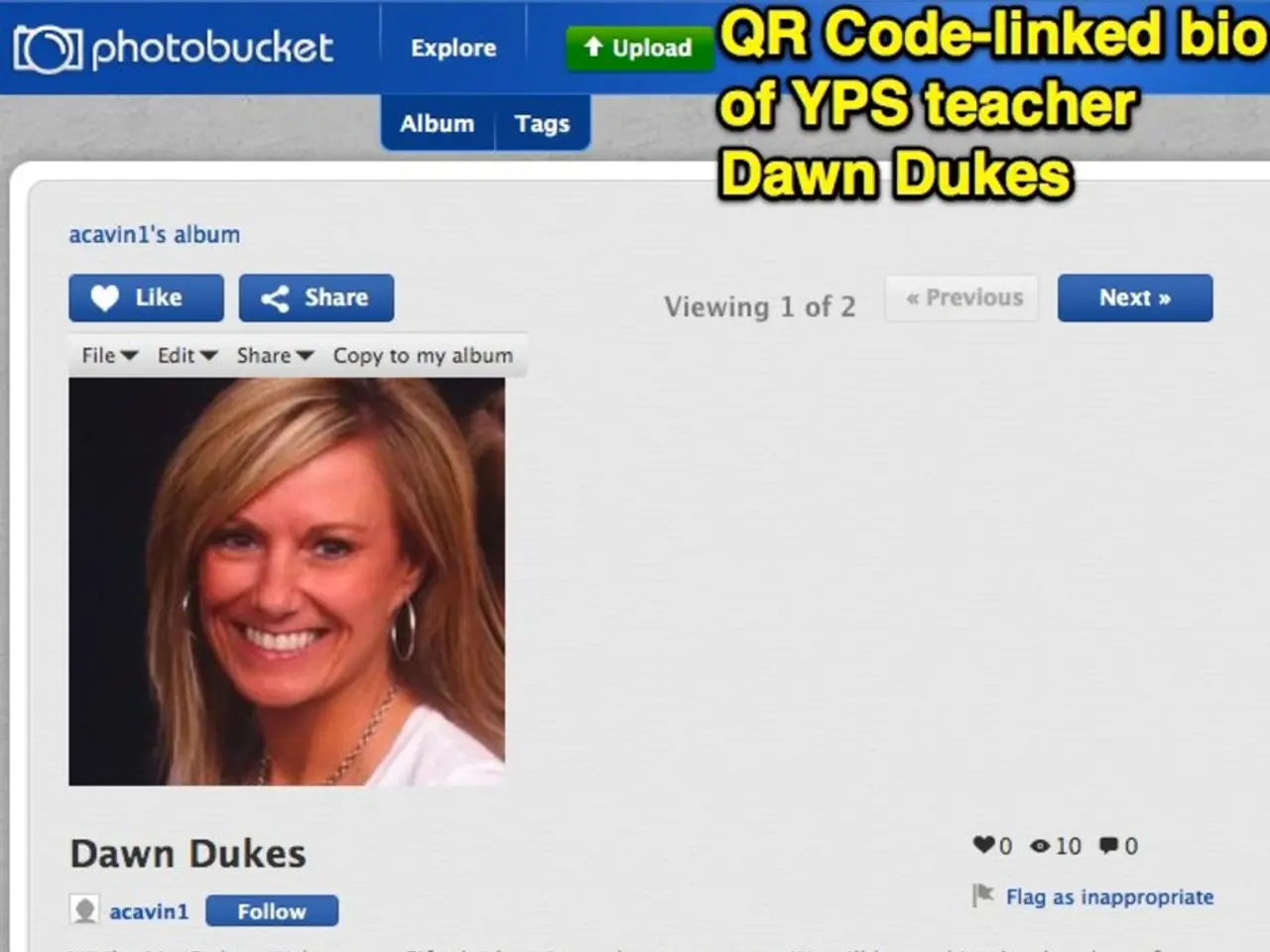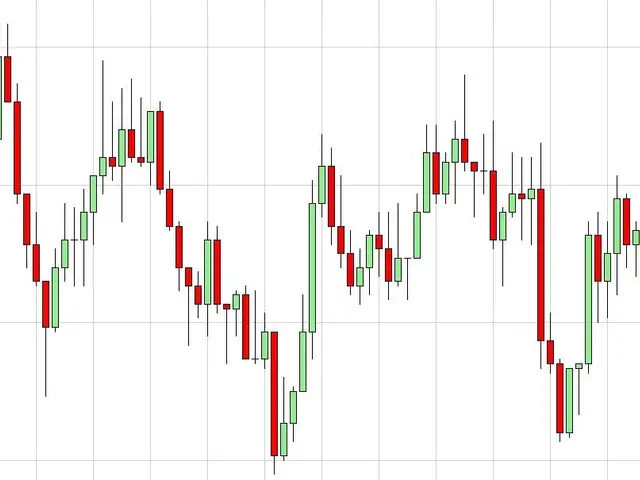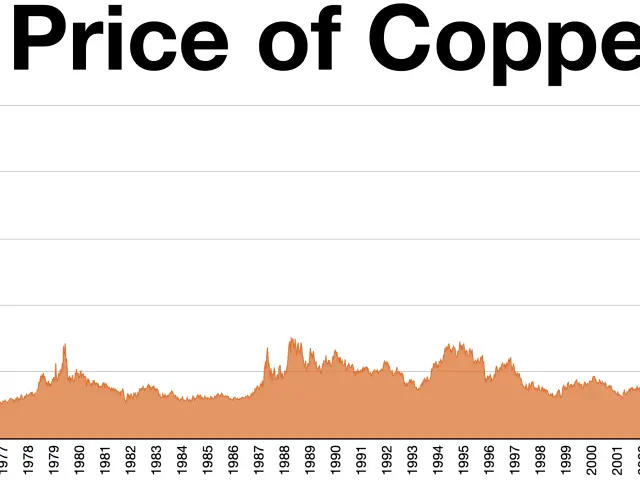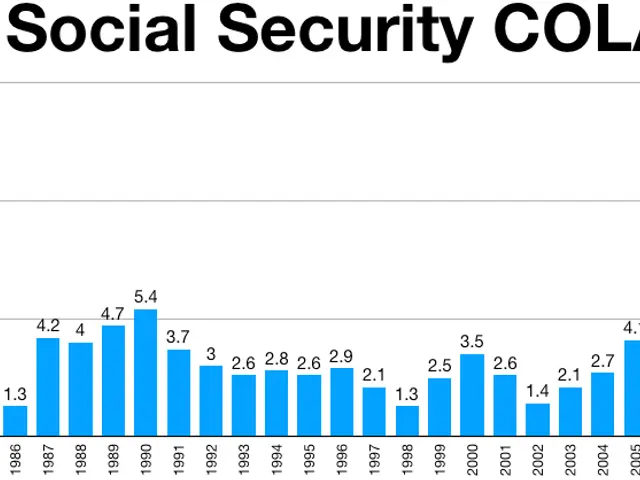Financial Influencers Proliferation: Are They a Financial Boon or a Burden?
In the age of social media, Finfluencers - individuals who share financial advice online - have gained a significant following. However, with this popularity comes a heightened risk of scams and conflicts of interest.
Experts warn that the promise of quick riches by some Finfluencers should be met with scepticism. Schrade, a financial expert, advocates for regulatory oversight, particularly for those who are giving tips. He suggests checking the "track record" of Finfluencers, including their past strategies and opinions, as a means of gauging their credibility.
Advertising from Finfluencers is often not labelled or labelled too briefly, making it difficult for followers to distinguish between genuine advice and promotional content. Schormann, another financial expert, highlights the need for more transparency in the industry. He advises checking where the influencer gets their financial knowledge from.
One red flag to watch out for is Finfluencers who flaunt status symbols like expensive watches or cars in their videos. These displays of wealth may be indicative of untrustworthy intentions. Nauhauser, a consumer protection advocate, finds it challenging to control scammers and Finfluencers online, emphasising the importance of seeking a second opinion and reading reviews from independent institutions like the Consumer Center and Stiftung Warentest Finanzen.
The potential of Finfluencers in providing easy access to financial knowledge is undeniable. Young people from less wealthy backgrounds may benefit from learning financial knowledge through Finfluencers, as they often lack such education from their parents. However, it's crucial to explore the intentions of supposed advisors and be wary of those who give direct recommendations or advertise their own services.
WhatsApp groups are a significant red flag with Finfluencers. These closed communities can make it easier for scammers to operate without scrutiny. Nauhauser emphasises the importance of staying vigilant and verifying information from multiple sources.
In Germany, the Federal Financial Supervisory Authority (BaFin) is specialized in monitoring and regulating Finfluencers, addressing misleading advertising and cooperation between influencers and financial service providers to ensure transparency and security. The need for clearer rules and enforcement in the Finfluencer industry is evident, as the current regulatory frameworks often leave Finfluencers operating in a legal gray area.
In conclusion, while Finfluencers can provide a valuable resource for financial education, it's essential to approach their advice with caution. By being aware of the potential risks and taking steps to verify the credibility of the influencer, followers can make informed decisions and protect themselves from scams.






